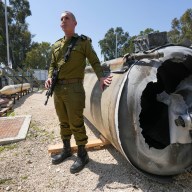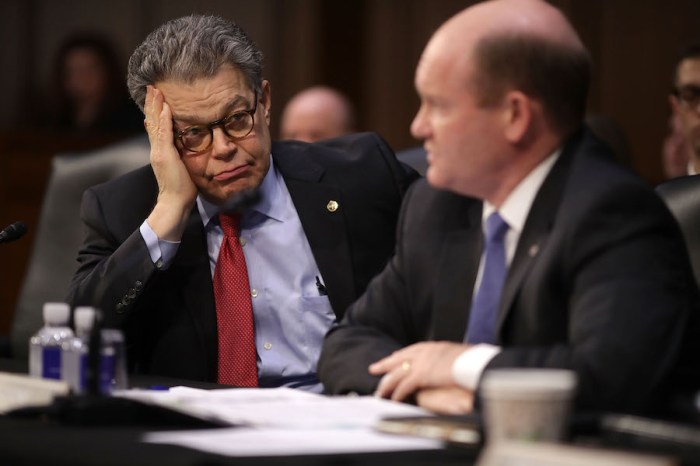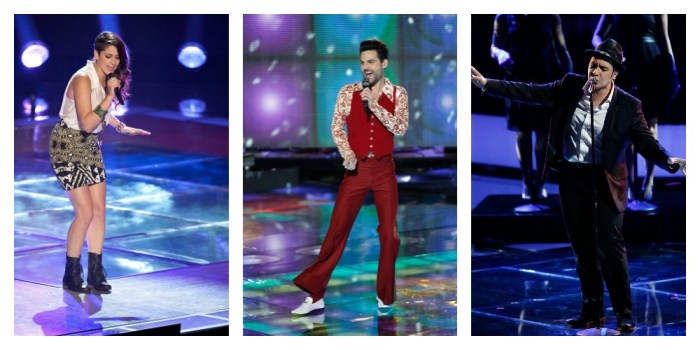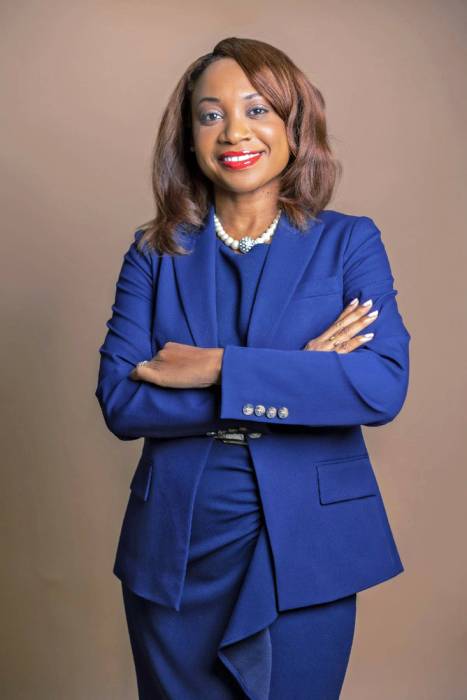Bradley Cooper starts off the press conference for “American Sniper” very, very seriously. “I try not to look in the mirror too much, quite honestly,” he says at one point, not remotely cracking a smile. Eventually he loosens up, busts out a not bad impersonation of the film’s director — one Clint Eastwood — and reminisces warmly about that time The Man With No Name oozed childlike glee at observing the daughter of Taya, the widow of Cooper’s character, Navy SEAL sharpshooter Chris Kyle. “We laughed a tremendous amount on the movie — shockingly, given the content,” Cooper says. “You’re so excited to come to the set every day, because Clint Eastwood is there.” The loose nature is just how Eastwood likes to work. “I think maybe why he gets so many great performances out of people is because he makes them feel really at ease. He’s curious. John Huston said towards the end of his life that that’s what keeps you going: curiosity. He’s just so curious. He’s like a little kid.” Cooper’s no modest fan of the director’s work, citing “Unforgiven” as “maybe the best American film.” He even feels a connection between the Best Picture winner and “American Sniper.” “This character is almost William Munney prior to when we meet him in ‘Unforgiven’: his wife has since died and he’s taking care of the kids and he comes back because [his friend] has been murdered. We saw a lot of similarities.” There was another incentive to give Eastwood the rein: “Chris Kyle said if there was any way he had a choice of who would direct the movie it would be Clint Eastwood. And then he had his wish.” They had fun making “American Sniper,” but the film is absolutely serious. Not only is it about the damage war does to families and soldiers’ psyches, but Kyle himself was murdered by a troubled vet while the film was in pre-production. They had an extra responsibility to get the story right and impart a useful message. “The takeaway for those who can relate to [Kyle] is that it will be healing,” he says. But even those who aren’t veterans themselves can see “what vets go through, what Taya has gone through.” Though Kyle’s four tours were during the Iraq War, Cooper doesn’t see “American Sniper” as political. “It’s not a movie about the Iraq War. It’s a movie about what someone like Chris has to go through as a soldier — the dilemmas, the horror of it,” he explains. “That’s all we ever talked about. It’s not a political movie at all. It’s a movie about a man. It’s a character study.” Cooper actually trained with live ammo, which both helped and harmed his work. He found the first sniping sequence much too real. “I’d only felt the gun with live ammo, and I saw two actors in the scope. My stomach turned and I moved the gun away,” he recalls. “I said, ‘We can’t shoot the scene with them there.’ I just couldn’t do it, even though the gun wasn’t loaded. I had a glimpse of what a soldier has to go through. But back to Eastwood, Cooper also wound up working with a filmmaker famous for doing as few takes as possible, sometimes just one. Cooper found that refreshing. “Sometimes you do movies, you think, ‘Well, I’m warming up on the first three and then we’ll get into it on seven and eight. That’s not happening on this movie at all. You better bring it the first take,” he says. “It’s almost like theater in a way, doing a Clint Eastwood movie.” It even felt familiar. His “Silver Linings Playbook” and “American Hustle” director David O. Russell works similar but different, relying heavily on off-the-cuff traits that come in the moment. “On a David O. Russell movie, when you step out of the van in the morning you better be able to shoot the scene the moment your foot touches the ground,” he explains. “I’ve come to love it, because there’s an energy and vitality, a sense that it’s actually happening. If I ever have a chance to direct I would always want to do that. Never make them feel like they have 100 takes. Make them feel like this is it. You want to raise the stakes anyway.”
Bradley Cooper on laughing with Clint Eastwood while making ‘American Sniper’
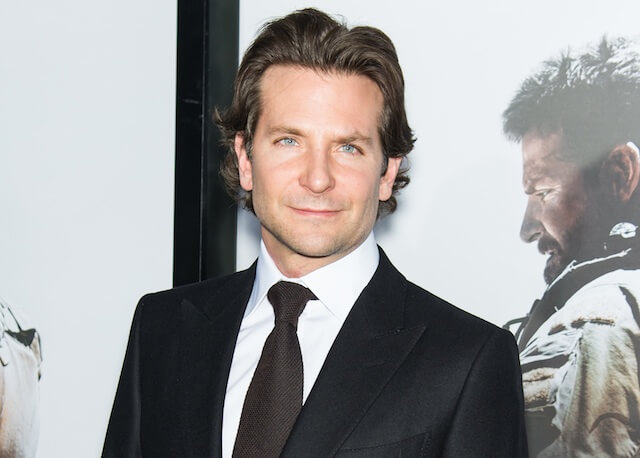
Getty Images
Follow Matt Prigge on Twitter @mattprigge






